-
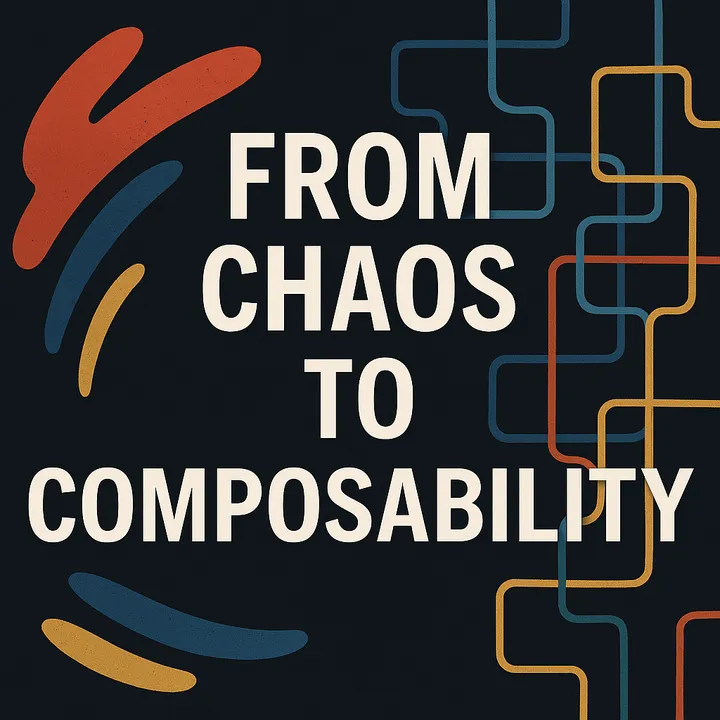
🧩From Chaos to Composability: Building with MCP, NoCoDB, and the New Dev Stack
-
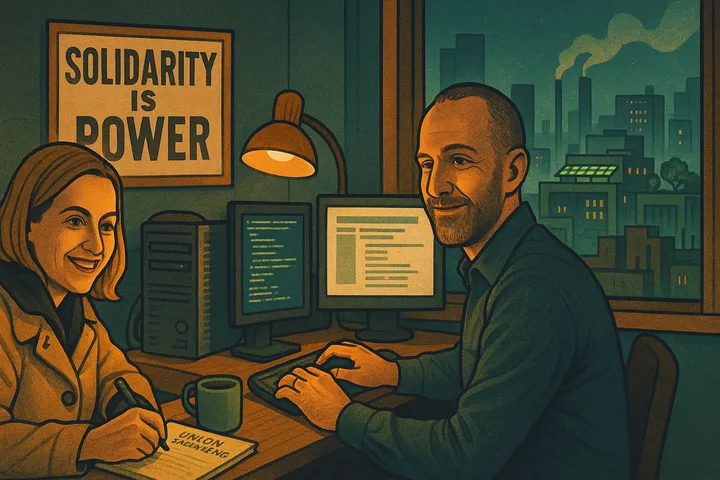
Launching Solidarity is Power: Building Independent Media with Purpose
-
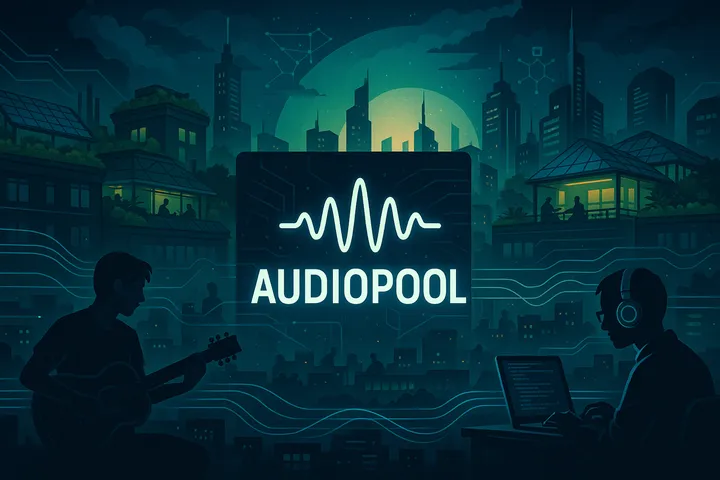
Building AudioPool: Decentralized Royalties and the Future of Collaborative Music
-

Culture Unveiled: Under The Wing
-
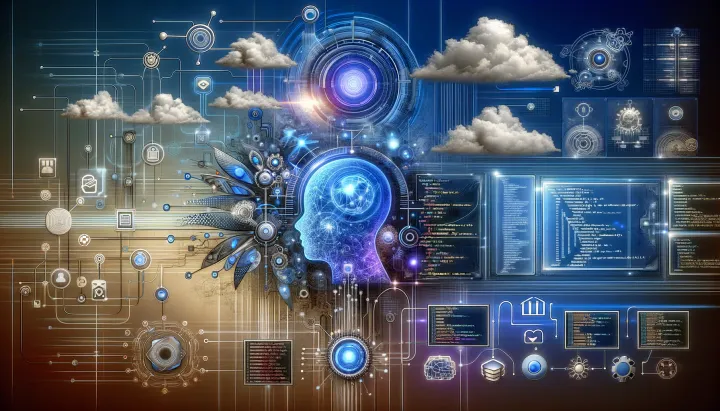
Accelerating AI Development with ChainLit OAI Assistants Template (COAT)
-

2024 Q1 Report
-

LLM Assisted YouTube Video Pipeline
-
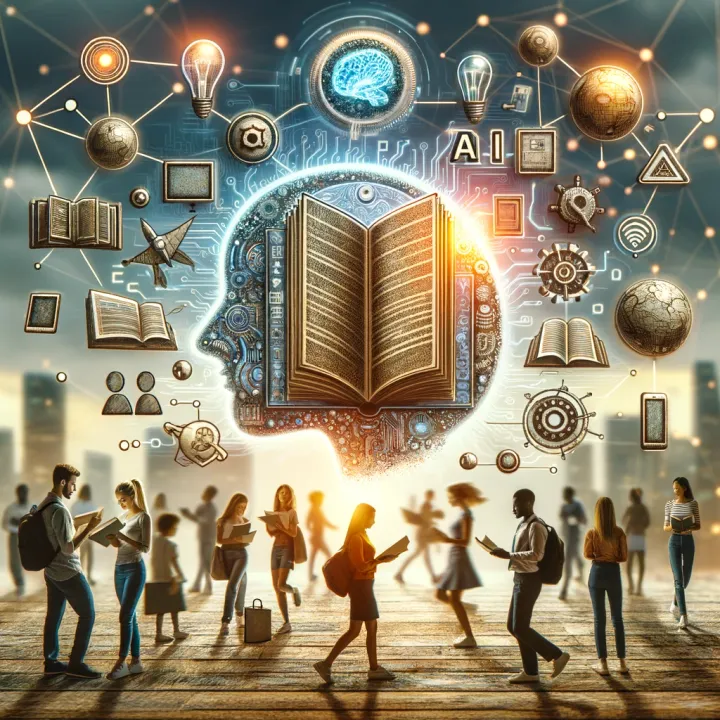
Bridging the AI Literacy Gap
-
Welcome to the Future: Introducing Wade.Digital







